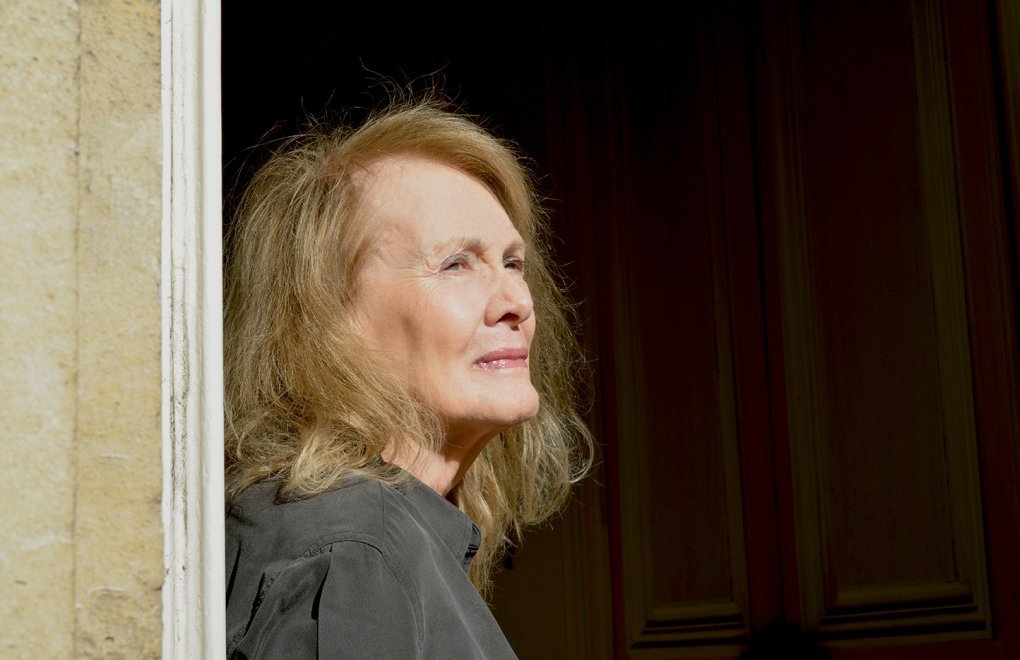Annie Ernaux: First French woman to win the Nobel Prize for literature
Who is the French writer Annie Ernaux, who won the 2022 Nobel Prize in Literature?

The Royal Swedish Academy of Sciences announced that the 2022 Nobel Prize in Literature was awarded to French writer Annie Ernaux. The reason for awarding the award to Ernaux was explained as "his courage and objective sensitivity in revealing the roots, alienation and collective limitations of personal memory".
Ernaux will also receive an award of 10 million Swedish Krona (approximately 16.7 million TL).
Speaking to Swedish channel SVT, Ernaux expressed her surprise and said that being the first French woman to win the Nobel Prize for literature is a "big responsibility".
Nobel literature committee chairman Prof. Carl-Henrik Heldin, on the other hand, described the work of 82-year-old Ernaux, whose books are considered contemporary French classics, as "awe-inspiring".
At the University of London specializing in contemporary French fiction, Dr. Ruth Cruickshank said: "It is always good news for a woman to receive a Nobel Prize for literature. Since 1901, 15 French white men have received the Nobel Prize, 13 of whom are now deceased."
Who is Annie Ernaux?
Born in Lillebonne, France, in 1940 to a working-class family, Ernaux studied literature and worked as a literature teacher for many years.
The author, who published her first novel with the title "Les Armoires vides" in 1974, prioritized an autobiographical narrative in many of her works, including this one.
Very early in her career, she moved away from fiction to focus on autobiography. Her work combines history and individual experiences: her parents' social development (La place, La honte), her teenage years (Ce qu'ils disent ou rien), her marriage (La femme gelée), her passionate relationship with an Eastern European man (Passion simple), her abortion (L'événement), Alzheimer's disease (Je ne suis pas sortie de ma nuit), her mother's death (Une femme) and breast cancer (L'usage de la photo).
She won the Renaudot Award for her second novel, titled "La Place" and published in 1984. In the novel, she wrote about her life and experiences in the small French town where she was born and grew up, as well as her relationship with her father in an autobiographical narrative.
Her 2008 historical memoir Les Années (The Years), which was very well received by French critics, is considered by many to be her masterpiece. In this book, Ernaux writes herself in the third person singular (elle, or "she" in English) for the first time, giving a vivid glimpse of French society from the immediate aftermath of the Second World War to the early 2000s. This is the poignant social story of one woman and the thriving society in which she lives.
The French writer, who frequently deals with issues such as upgrading, marriage, women's freedom, sexuality, abortion, illness, old age and death through her personal experiences, presented a social narrative to her readers.
